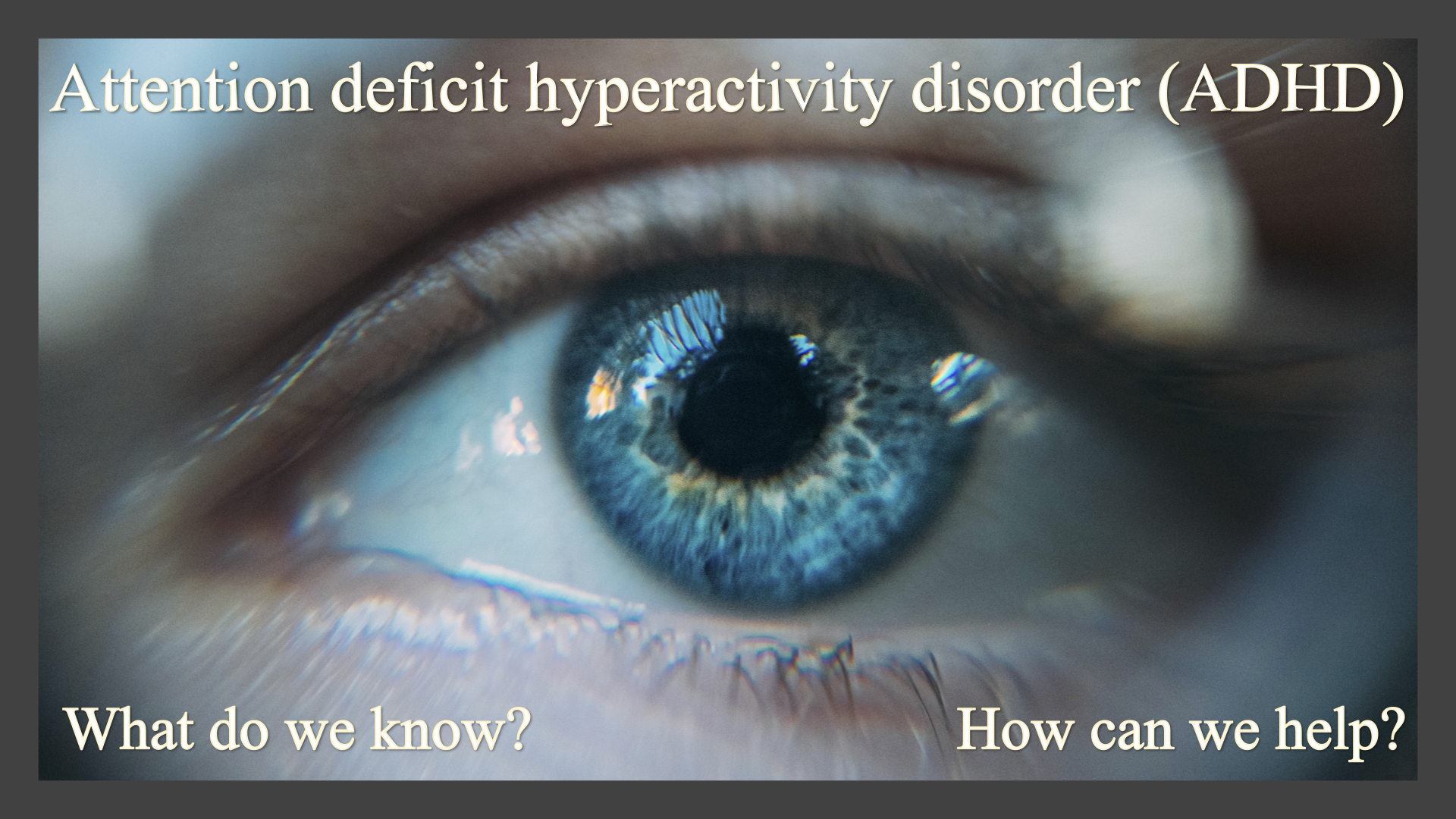
University of the Basque Country - Summer course:
Attention Deficit/Hyperactivity Disorder (ADHD), a neurodevelopmental psychiatric disorder:
clinical impact, neurobiological mechanisms and comorbidity
ADHD is a developmental disorder associated with cognitive, emotional, and behavioral deficits. Its main symptoms are impulsivity, hyperactivity, and inattention (American Psychiatric Association, 2000). It is one of the most common psychiatric pathologies in children with an estimated prevalence of 8-12% worldwide, and symptoms persist until adulthood in up to two-third of cases. Numerous studies have demonstrated the interactions between ADHD and other disorders that may aggravate the symptoms or the long-term outcome of the disease. Indeed, associations have been described with impaired perceptual function, and particularly pain.
The course activities will follow the categories
- Master classes. The current knowledge on the disease, treatments and sensory comorbidity (i.e. alteration of pain perception) will be presented through The clinical impact of the disease will be explained. The use of animal models to unravel underlying neurobiological mechanisms in a translational perspective will be assessed and neuroinflammatory processes will be highlighted.
- Mini-challenges. Participants will team up to think about the interactions between comorbid disorders and their societal outcomes. with the objective of (i) raise hypothesis on comorbidity mechanisms, treatment-induced side effects, and (ii) elaborate scientific strategies to test their hypothesis.
- Round tables. attendees and course organizers, will participate to discuss (i) the societal representation and acceptance of, or myths associated to, the disease, (ii) the consequences of comorbidity on well-being and therapeutical strategies, (iii) the possible increased prevalence of ADHD, and (iv) the translation of basic research into clinical applications through a bench to bedside approach.
Aims of the course
- Understanding the ADHD disease: symptoms, neurobiological mechanisms, treatment opportunities.
- Understanding interactions with comorbid disorders and their clinical consequences.
- Reflecting on the burden associated to ADHD and its worsening due to comorbidities.
- Developing a person-centered holistic view in a clinical context.
Competences
- Raising scientific hypothesis
- Elaborating scientific strategies to develop hypothesis-driven pre-clinical experiments or clinical studies
- Proposing new actions for a public outreach strategy, thus limiting the propagation of distorted understanding by the lay public.
- Improving teamwork capacity
- Capability of synthesizing different visions to elaborate a final, common proposal
Supervisors
Marc Landry
Position: Professor
Institution: University of bordeaux
Language of the lecture: English
Country: France
City: Bordeaux
Nora Kerekes
Position: Professor
Institution: University West
Language of the lecture: English
Country: Sweden
City: Trollhättan
Ana Maria Sanchez Perez
Position: Professor
Institution: University Jaume I
Language of the lecture: English
Country: Spain
Province: Valencia
City: Castellon
Anticipated dates
July 2022
The venue
Gipuzkoa - Donostia/San Sebastian
Teaching methodology
Face-to-face + live online: Master class
Mini challenge
Round table
Course schedule
Course language: English[spacer height="20px"]
Day 1
08:45 - 09:00
Registration
09:00 - 09:15
Presentation by the Director of the activity
Lecturer: Marc Landry
09:15 - 10:00
General characteristics of ADHD: clinical symptoms, epidemiology, comorbidity.
Lecturer: Nora Kerekes
10:00 - 10:45
Animal models of ADHD : nature and validity
Lecturer: Marc Landry
10:45 - 11:15
Break
11:15 - 13:30
Mini-challenges aiming to raise hypothesis and determine experimental strategies to unravel the mechanisms of comorbidity: presentation, team activation, material delivery and reflection.
13:30 - 14:00
Discussion on the mini-challenges with the organizers - answering questions
14:00 - 15:30
Lunch break
15:30 - 16:45
Mini team presentation.
16:45 - 17:00
Closing session
Lecturer: Ana Maria Sanchez Pere
Day 2
08:45 - 09:00
Registration
09:00 - 09:45
Mechanisms underpinning ADHD with a special emphasis on neuroinflammation
Lecturer: Ana Maria Sanchez Pere
09:45 - 10:30
ADHD treamtents: pharmacological and non-pharmacological treatments
Lecturer: Nora Kerekes
10:30 - 11:30
Round table
Societal and translational aspects
Lecturer: Marc Landry
Lecturer: Nora Kerekes
Lecturer: Ana Maria Sanchez Perez
11:30 - 12:00
Break
12:00 - 13:00
Conclusions of the round tables by the spokesperson of each table .
13:00 - 13:45
Sintesis
13:45 - 14:00
Closing session
Lecturer: Marc Landry